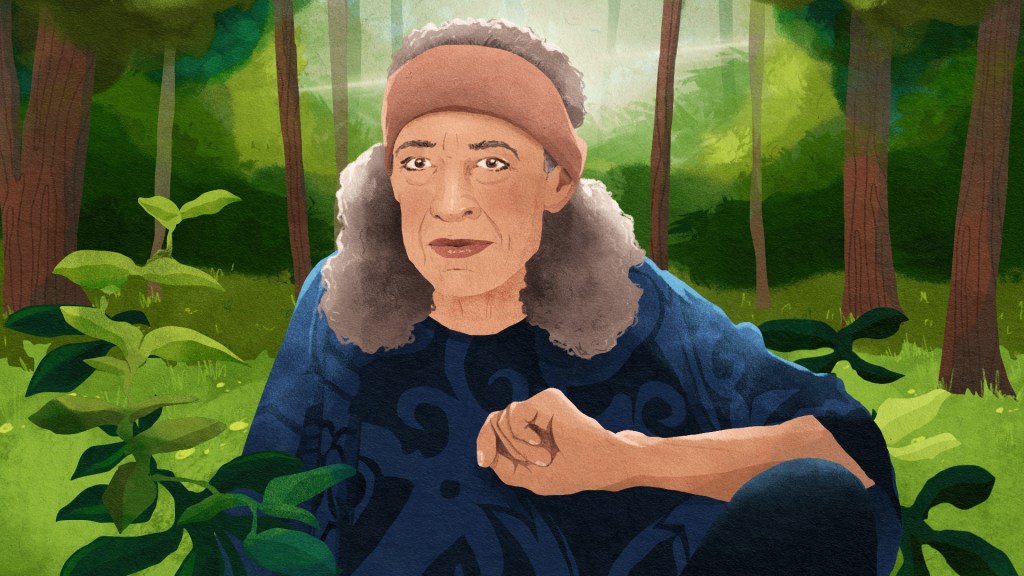Just as the USDA must issue annual reminders to Midwesterners to steer clear of “cannibal” sandwiches made with raw ground beef, Japanese officials, too, provide a yearly caution regarding a particularly dangerous type of mochi enjoyed around the New Year. And like clockwork, people continue to ignore those warnings, with the turn of 2019 being no exception. Over the past few days, the festive rice cakes, which are made by pounding glutinous rice into a paste and then molding it, have claimed another life.
Every year, Japanese news agencies report deaths and hospitalizations during New Year’s celebrations that can be attributed to mochi, a traditional food for the holiday. As reported by Japan Today, the Tokyo Fire Department announced that during this past week’s New Year’s celebrations, 11 people were hospitalized from choking on mochi; one of those people died. According to CBS News, 7 of those people were over the age of 60.
Videos by VICE
Though mochi is eaten year-round in Japan, it features prominently during the New Year in the form of kagami mochi, stacked rice cakes that are said to be harbingers of blessings and a good harvest, and a soup called ozoni that’s served on New Year’s Day. Because mochi is chewy and sticky, eating it quickly can pose a choking hazard. And according to SoraNews24, “ozoni has the terrifying capability to bring your life to an abrupt end,” because of the tendency to slurp the mochi along with the broth. Doing so can lodge the gelatinous mass in one’s throat.
Mochi warnings, wrote SoraNews24, are typically aimed at the elderly, for whom the rice cakes’ stretchy texture can be difficult to bite through with weakened teeth. Accordingly, the Tokyo Fire Department recommends cutting mochi into small pieces, chewing slowly and carefully, and paying attention when serving mochi to infants and the elderly.
During last year’s New Year’s celebrations, mochi resulted in two deaths and over a dozen hospitalizations. In recent history, mochi-related choking struck the hardest in 2015, when 9 deaths and 128 hospitalizations were reported.




